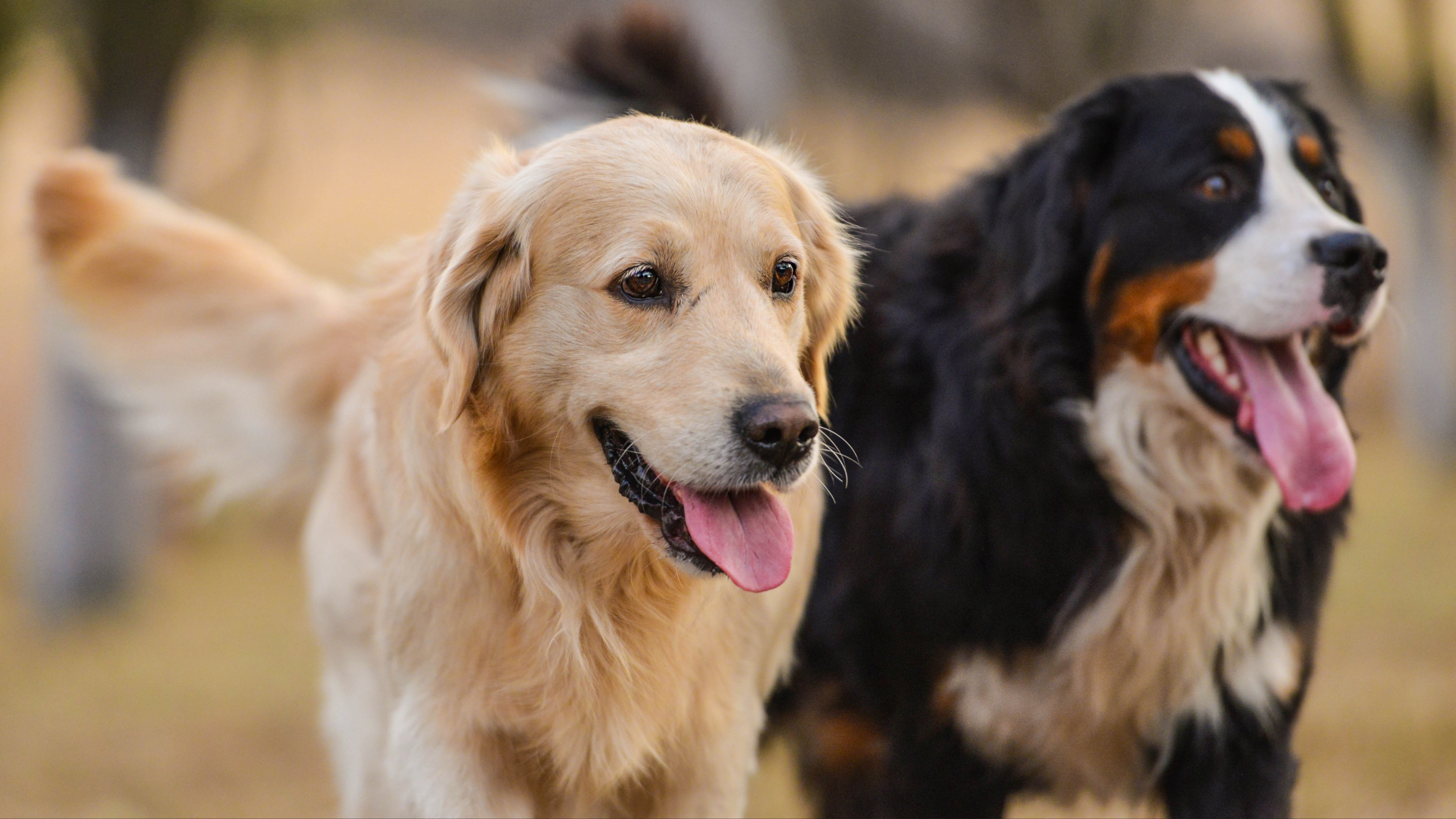
When you’re planning to welcome a new dog into your family, there are plenty of things to consider.
Some of them can be fun, like deciding on the best dog toys for your new arrival. But one of the most important things to think about is what breed of dog you’re going to get.
While different dog registries will all recognize different numbers of breeds, the figure is somewhere in the hundreds — and that doesn’t account for the various crossbreeds and mixes that aren’t considered breeds in their own right.
Fortunately, expert trainer Carolyn Martell, who’s also the founder of Good Dog Training, has outlined some of the most important things to consider when you’re deciding on the right breed for you and your household.
The first thing to consider is the makeup of your family. As Martell says, there are lots of articles online discussing the best family dogs. However, families can vary widely.
If you’re a family of three with a young child, you might find that different breeds are suited to you than might be suited to a family of five with three teenage children, for example. If you’re a couple who love outdoor pursuits, the best breeds for you might be different still. Here are 32 high-energy dog breeds that are perfect for active pet parents, for example.
A breed’s energy levels are important. If you want a dog to lay with you on the couch for company while you watch TV or work from home, you might not want to look at dogs who’ve been bred to be highly active and energetic.
And don’t forget about mixed breeds. As Martell says, “They will likely still show characteristics of their breeds,” using poodle mixes – doodle dogs – as an example: “What doodle owners are always surprised by is how energetic they are, because poodles are a high-energy, smart breed that are working dogs.”
Of course, getting a rescue pup is a great option for many prospective dog parents (here are eight things you need to know before getting a rescue dog if it is something you’re thinking about!) But if you do decide to go for a breeder, Martell recommends finding one who’s breeding for health and temperament, and socializes their dogs early. “A good breeder will ask what you want in a dog and help you select the best match for you,” she adds. “A good breeder will turn you away if it’s clearly a mismatch.”
It might go without saying, but getting a dog is a long-term commitment, and you should really think about how much time and money you’ll be able to spend on them — regardless of breed. But if you know you’ll be able to give a dog a good life, it’s crucial that the breed you choose is right for you.







